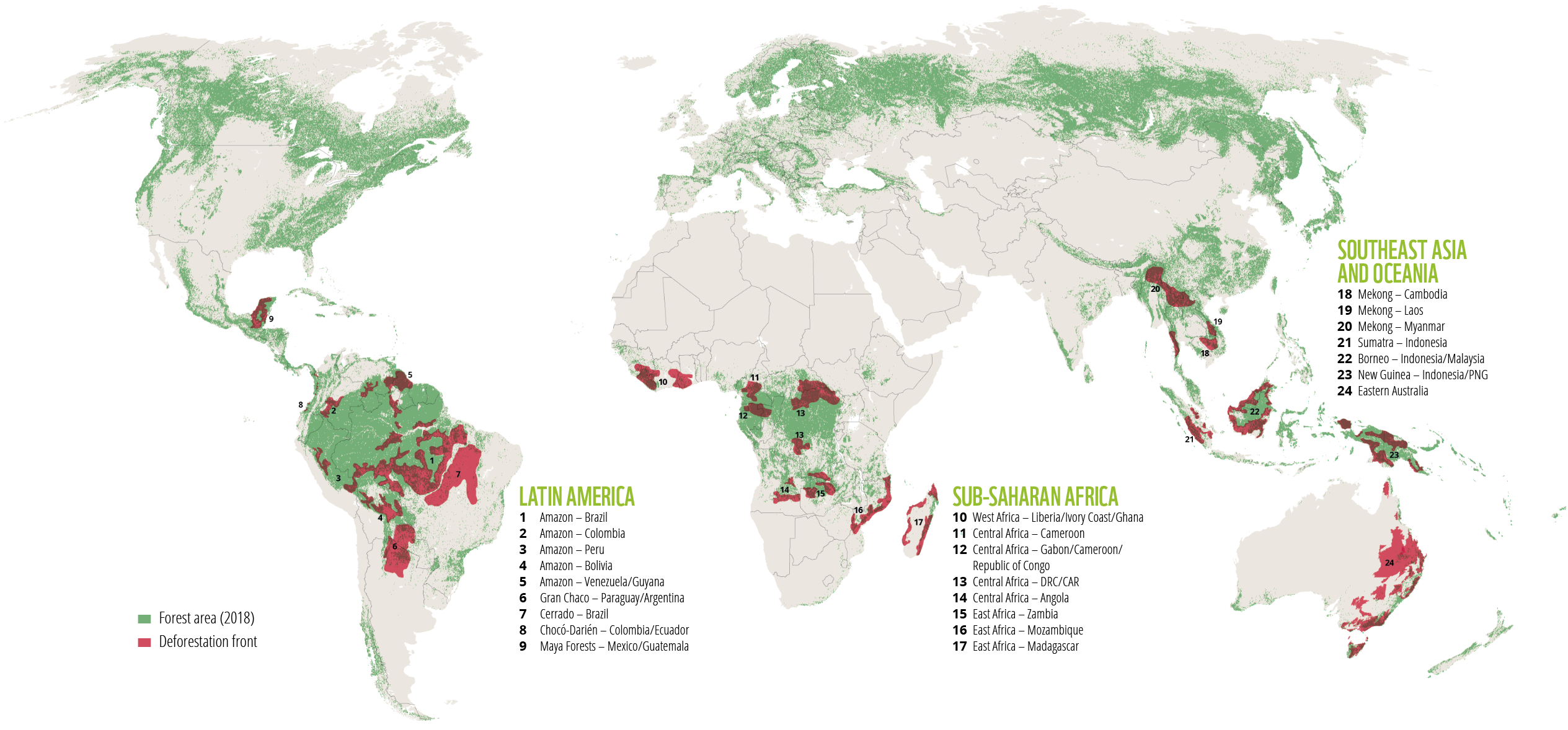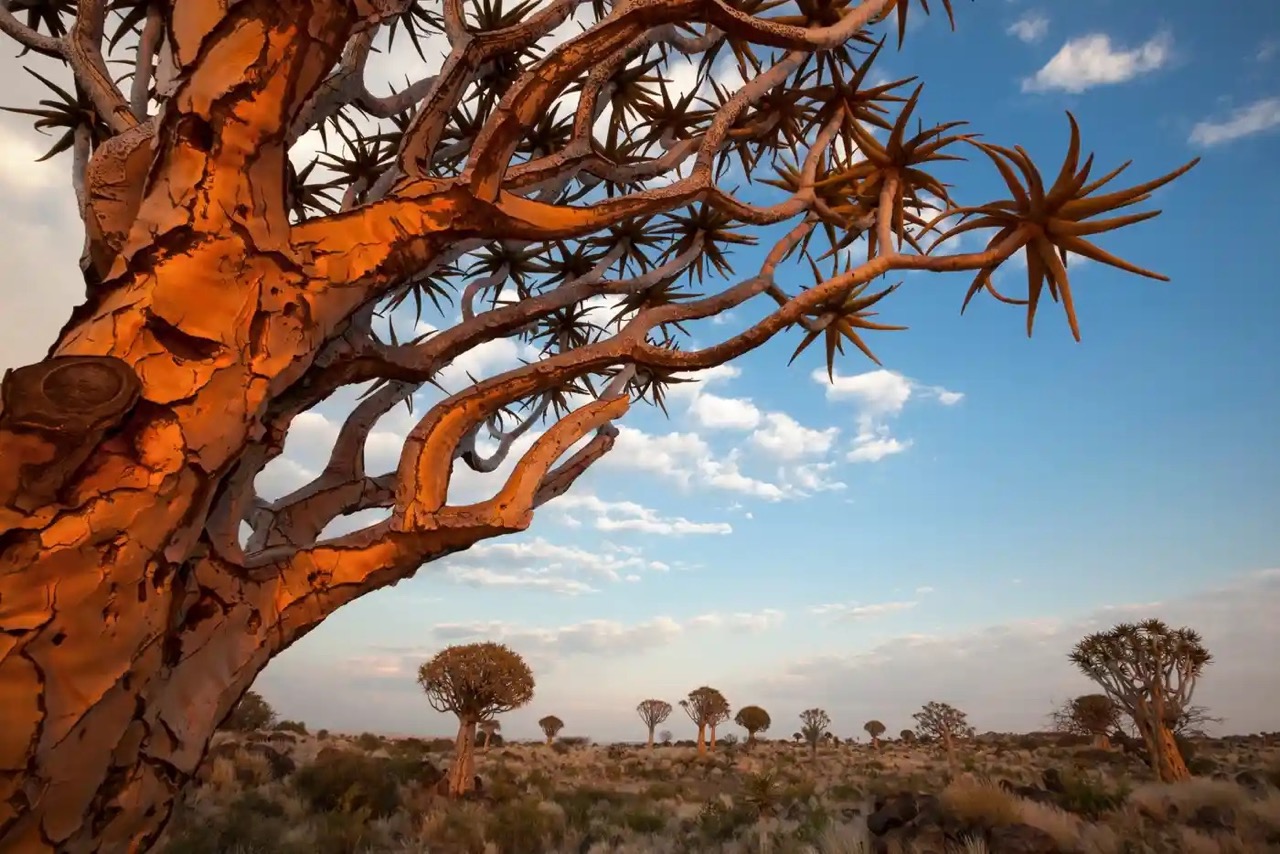
Image of a vinyl record cover of “Big Yellow Taxi” by Joni Mitchell (from Genius, 2010).
- “Big Yellow Taxi” was released in January 1970 by Grammy-winning Canadian musician and producer Joni Mitchell. The folk-pop song appears on Mitchell’s third studio album Ladies of the Canyon.
- Mitchell is critically acclaimed for her profound musical artistry and lyrics that comment on social issues. Many of her songs, including “Big Yellow Taxi,” revolve around themes of environmental and social justice. “Big Yellow Taxi” contains cheerful and upbeat guitar instrumentals and melodies that contrast with the song’s critical underlying message.
- You can listen to the song here and read the lyrics here.
How is this related to climate?
- “Big Yellow Taxi” is an environmentalist anthem that critiques environmental destruction and excessive urban development. Mitchell wrote the song on a trip to Hawai’i, where she noticed a huge parking lot that tarnished the natural beauty of the islands in the middle of the northern Pacific Ocean. Throughout the chorus, Mitchell repeats the phrase “They paved paradise and put up a parking lot.” This line references the stain of asphalt and concrete on nature.
- In the second verse, Mitchell sings, “They took all the trees, put ‘em in a tree museum.” This references mass deforestation, the excessive clearing of forests, (image below) caused by industrial development and the irony of showcasing wildlife in institutions such as zoological and botanical gardens.
- Trees help regulate the Earth’s climate by acting as a carbon sink, storing carbon emissions as biomass and keeping it out of the atmosphere. Since the industrial age, forests have been rapidly cleared to make room for urban centers and agriculture. Climate scientists estimate that 30% of all carbon dioxide emissions come from deforestation.

Map of global forest distribution and deforestation centers. Green areas represent forest coverage in 2021, while red zones indicate forest cover affected by deforestation (from WWF, 2021).
- “Big Yellow Taxi” was written and released before the term ‘global warming’ was commonplace. In the late 1960s and early 1970s, climate change was not yet a major environmental concern. However, modern listeners have reinterpreted the lyrics to apply to anthropogenic climate change. The lines “Don’t it always seem to go that you don’t know that you’ve got ‘til it’s gone?” refer to the loss of natural land and trees. From a more contemporary perspective, it could be interpreted to apply to the planet as a whole.
- In 2022, the International Panel on Climate Change (IPCC) reported that many of the effects of global warming were deemed irreversible. The song lyric points out that we often don’t learn to appreciate or protect nature until it’s lost.
- Global organizations’ goal of limiting warming to 1.5°C aims to mitigate the worst effects of climate change. If the world reaches this threshold, scientists estimate that 14% of living organisms face the risk of extinction (image below).

Photograph of a long-lived quiver tree (Aloe dichotoma), which can survive over 350 years. These trees are native to South Africa, but trees in the northern part of the country are dying from drought conditions brought on by climate change and rising temperatures (from The Guardian, 2015).
Further exploration
- Various efforts by governments and organizations have been made to reduce deforestation and restore forests around the world to combat the climate crisis:
- Under President Luiz Inacio Lula da Silva, the Brazilian government has made significant efforts to reverse the trend of deforestation in the Amazon rainforest. In August 2023, the administration reported that deforestation has been reduced by 60% compared to July 2022 by protecting indigenous lands, enforcing harsher penalties to destructive miners and land grabbers. However, more work is needed to be done to support indigenous communities who have been threatened by land destruction, disease, and violence.
- Justdiggit is a grassroots organization dedicated to re-greening degraded land in Africa by digging bunds to restore greenery, reduce global warming, and empower local communities. These shallow semi-circular pits allow rainwater to collect over barren land and penetrate the soil. Eventually, the soil becomes rehydrated, and vegetation returns. As of 2023, Justdiggit has restored over 4,000 km2 (1,500 mi2) of land and planted almost 14 million trees.
References and additional resources
- “Animals and plants that could be lost because of climate change – in pictures.” The Guardian. April 2015. https://www.theguardian.com/environment/gallery/2015/apr/30/animals-and-plants-that-could-be-lost-because-of-climate-change-in-pictures.
- “Area roughly the size of California lost to global deforestation from 2004-2017.” WWF. January 2021. https://www.worldwildlife.org/stories/deforestation-fronts.
- Black, R. “A brief history of climate change.” BBC News. September 2013. https://www.bbc.com/news/science-environment-15874560.
- Browne, D. Dolan, J, Erlewine, S. T. Martoccio, A, Shteamer, H. Vozick-Levinson, S. and Wolk, D. “Joni Mitchell: 50 Essential Songs.” The Rolling Stone. June 2021. https://au.rollingstone.com/music/music-lists/best-joni-mitchell-songs-27038/big-yellow-taxi-1970-27053/
- “Joni Mitchell – Big Yellow Taxi Lyrics.” Genius. 2010. https://genius.com/60365.
- “JUSTDIGGIT: WHAT WE DO.” JustDiggit. 2023. https://justdiggit.org/what-we-do/.
- Malleret, C. “Indigenous territory still in crisis despite Brazil’s expulsion of miners.” The Guardian. August 2023. https://www.theguardian.com/world/2023/aug/02/brazil-indigenous-yanomami-crisis-miners-expulsion.
- McGrath, M. “Climate change: IPCC report warns of ‘irreversible’ impacts of global warming.” BBC News. February 2022. https://www.bbc.com/news/science-environment-60525591.
- Melillo, J. “Forests and Climate Change.” MIT Climate Portal. October 2021. https://climate.mit.edu/explainers/forests-and-climate-change.
- O’Brien, L. M. “Joni Mitchell.” Encyclopaedia Britannica. May 2023. https://www.britannica.com/biography/Joni-Mitchell.
- Watts, J. “Amazon deforestation falls over 60% compared with last July, says Brazilian minister.” The Guardian. August 2023. https://www.theguardian.com/environment/2023/aug/02/amazon-deforestation-falls-over-60-compared-with-last-july-says-brazilian-minister.
